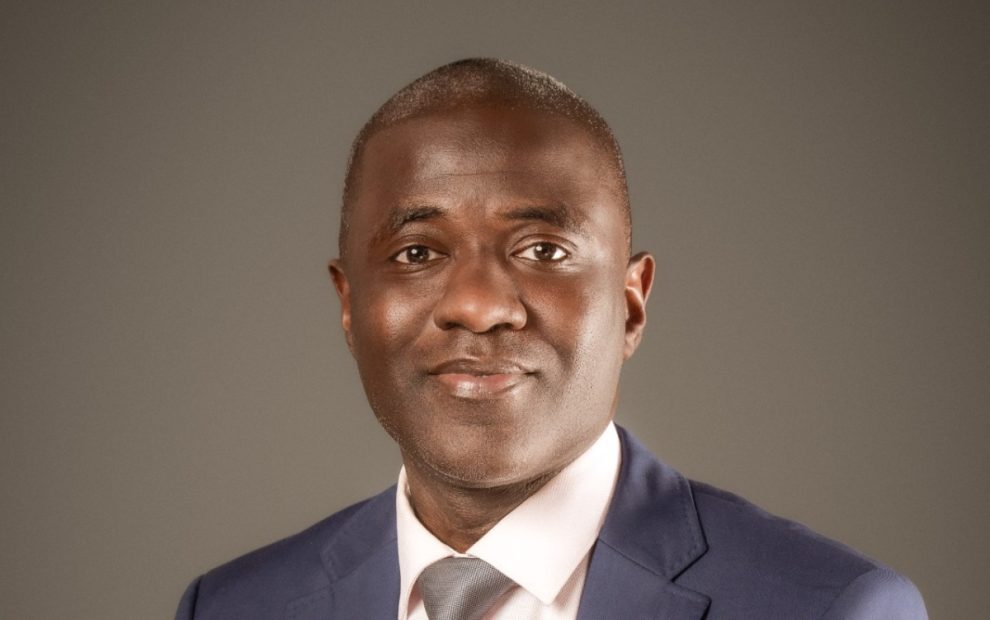The Nigerian government has officially removed the five per cent excise duty previously levied on telecommunications services, including voice calls and data. The move, announced by the Nigerian Communications Commission (NCC), is a reversal of a policy that had been widely criticised for increasing the financial burden on citizens.
Aminu Maida, the Executive Vice Chairman of the NCC, stated that the tax’s removal was ordered by President Bola Tinubu during discussions on the recent Finance Act. According to Dr. Maida, the President’s intervention aims to prevent additional financial strain on the populace and support the country’s growing digital economy.
The decision is expected to provide relief to over 171 million active mobile phone users in Nigeria, many of whom have already faced a significant increase in tariffs.
The controversial tax was first introduced in 2022 under the previous administration of President Muhammadu Buhari. It was part of a broader government effort to increase revenue amidst a decline in oil earnings, with the Ministry of Finance arguing the levy was in line with global taxation practices.
However, the policy met strong opposition from telecom operators and consumer rights groups. They warned that the tax would be counterproductive and would further pressure Nigerians dealing with rising living costs. The Association of Licensed Telecom Operators of Nigeria had previously highlighted that Nigeria already had one of the highest tax burdens on its telecoms sector in sub-Saharan Africa.





Add Comment